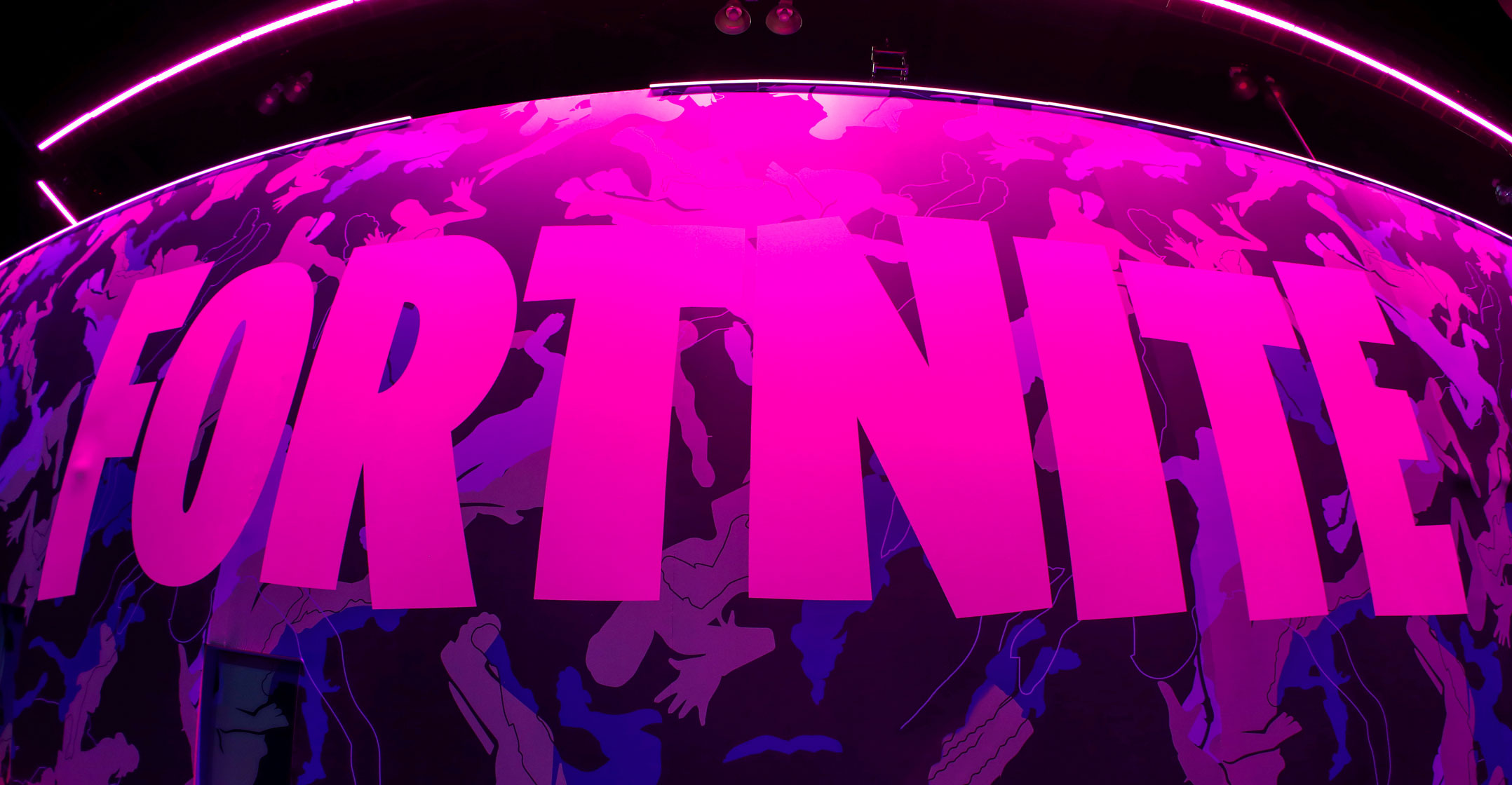
Fortnite creator Epic Games found support from its legions of gamers, Tinder-owner Match Group and Spotify for suing Apple and Google after the tech giants dropped the popular videogame from their app stores for violating payment guidelines.
Epic Games started a social media campaign against the iPhone maker by releasing a parody of Apple’s iconic “1984” commercial in its videogame, and soon the hashtag #freefortnite was trending on Twitter.
Gamers with hundreds of thousands of YouTube followers took to the video-streaming platform and other social media platforms to share their thoughts on the situation and show their support.
“This is insane, we are watching actual history take place because we just don’t see this anymore,” a YouTuber with the handle “thatdenverguy”, who has more than a million subscribers, said.
“Tim Sweeney and everybody at Epic, we stand with you and thank you for standing up for something bigger than Fortnite here that helps us out.”
In a statement on Thursday, Apple said Fortnite was removed because Epic had launched the payment feature with the “express intent of violating the App Store guidelines” after having had apps in the store for a decade.
Alleged abuse
Apple and Google are already being scrutinised for their alleged abuse of market power and just last month their CEOs were grilled by lawmakers in a five-hour long congressional hearing.
Companies, including music streaming service provider Spotify Technology and owner of Hinge and other dating apps Match Group, have long complained about Apple’s App Store policies.
Both issued statements supporting Epic, with Match accusing Apple of using its “unfair policies to hurt consumers, app developers and entrepreneurs”.

Launched in 2017, Fortnite has amassed a huge following among young gamers and its popularity has pushed the valuation of its publisher, Epic Games, to over $17-billion in a funding round earlier this year.
In both Apple’s App Store and Google’s Play Store, Fortnite had about two million downloads in July 2020, according to mobile analytics firm SensorTower. But Apple users spent about $34-million, while Android users spent only $2-million, according to its data. — Reported by Neha Malara and Akanksha Rana, (c) 2020 Reuters




